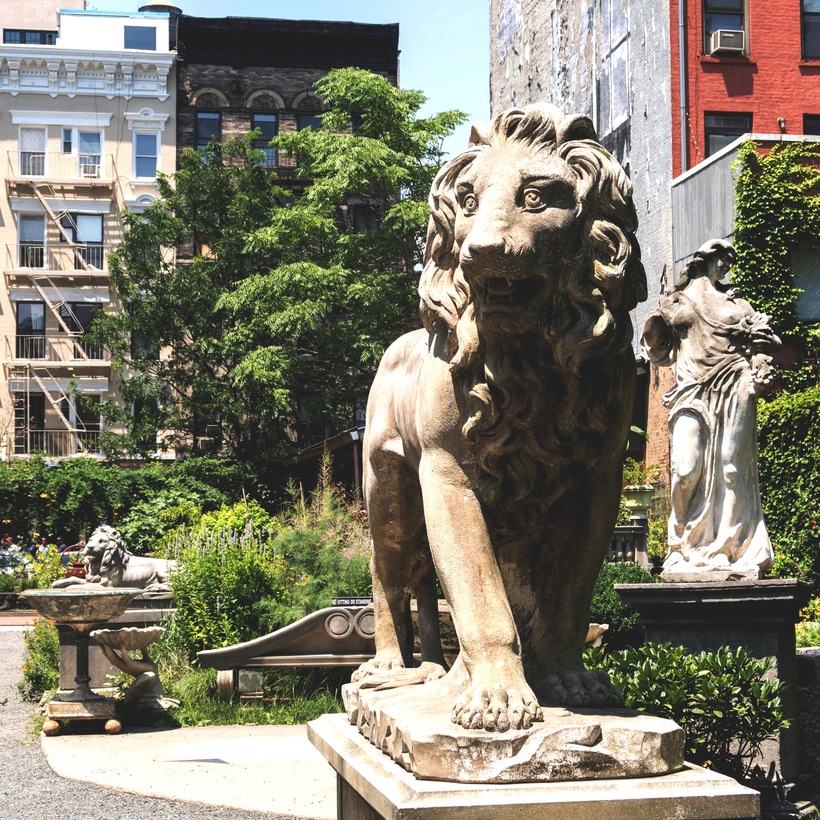When Martin Scorsese was growing up in New York’s Little Italy in the 1950s, the neighborhood that became the inspiration for some of his best-known films was “more or less a concrete jungle”.
“There was no shade, no greenery, no respite, something that every neighborhood needs,” Scorsese, 81, said. Now, he has joined Robert De Niro and the musician Patti Smith in an attempt to stop the city from bulldozing a community-run garden in the Nolita neighborhood to make way for low-cost housing.

